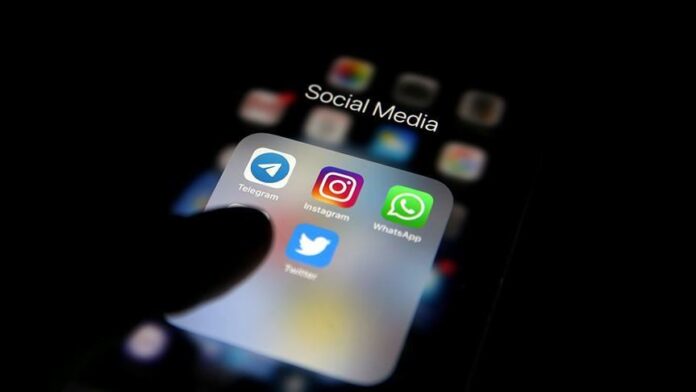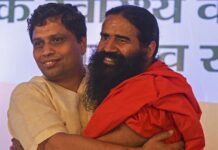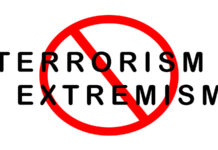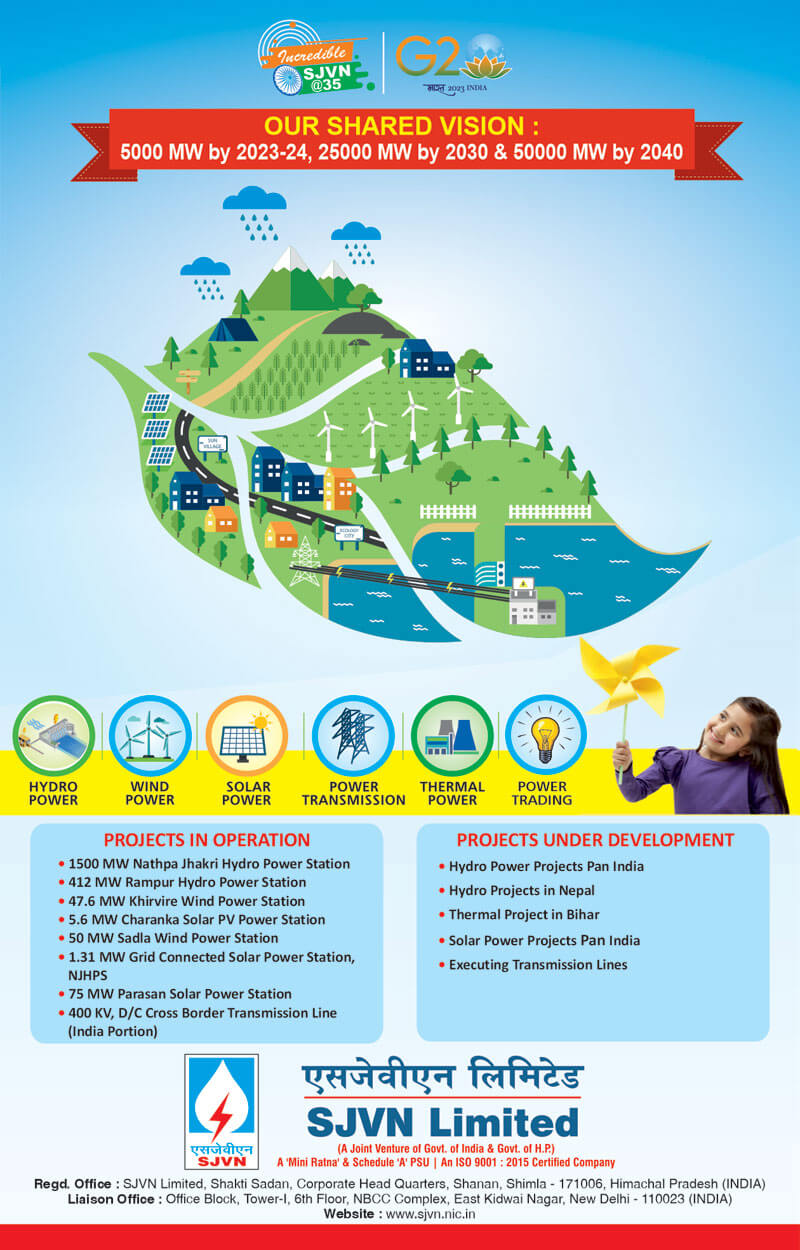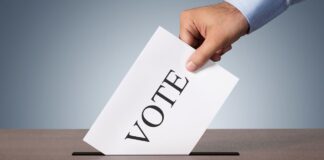Democracy is renowned as the beacon of independence, providing a glimpse at a just and fair modern society with the freedom to vote, to be voted, and to express ourselves—among many other benefits. One of the most common means to express ourselves and be aware of the global picture today is via social media, which has repeatedly proven to be both a boon and bane in the way we interpret information. While it has given a voice to the masses in unprecedented times such as during the Covid-19 pandemic or the war in Ukraine, it has also proven to be a concern for national security on many occasions, such as the Hunter Biden laptop debacle, or the video recording of the Indian Parliament by the current Punjab Chief Minister.
By Shubhangi Misra
The following article will shed light on some of the events where the intertwining of technology (along with social media) with modern-day politics has affected the freedom of speech and expression.
Technology and the Blurred Moral Lines
War times are fundamentally sensitive for a state’s national security where the media plays a pivotal role in making or breaking a country. The most recent example is that of the war in Ukraine waged by Russia over their NATO-bound politics; a war so broadly covered in real-time that it has become the most publicised war in history—thanks to the advent of social media and technology. Its coverage has highlighted the harsh realities of war on unarmed civilians in the era of soft power, further proving Hans Morgenthau’s realist expectations of global politics.
A similar frontline coverage of the Kargil war back in 1999 by the Indian journalist Barkha Dutt, however, landed India—and its journalism—into hot waters during the conflict which tremendously jeopardized India’s national security by leaking the military personnel’s whereabouts and operations. Similarly, the video recording of the parliament’s operations publicly shared in 2016 by the then Aam Aadmi Party MP Bhagwant Mann posed as a high-security breach which resulted in his temporary suspension.
The over-extensive use of social media and technology in global politics today highlights the delicate balance between ethical, just and unbiased reporting.
The Russia-Ukraine war is so broadly covered in real-time that it has become the most publicised war in history—thanks to the advent of social media and technology.
Hunter Biden Laptop case, FBI and Twitter
The media, presumably unbiased and candid, holds intense power to mould the minds of millions/billions of people about anything and everything. Therefore, it is absurdly concerning when media, the beacon of truth and free speech is corrupted by the state—especially when the state concerned is the mighty powerful US. While the much-awaited win of the blue states in the country brought with it hope for a brighter and more liberal future, the role of free speech and media remains unprecedented.
Hunter Biden, the son of the president of the United States of America, has been surrounded by controversies following the discovery of a damaged laptop in 2019 which mysteriously turned up at a repair shop in Delaware, belonging to Hunter Biden. The laptop not only revealed Hunter’s deepest personal information including his social security number, passwords, and internet history but also resulted in a severe data breach exposing the corruption scandals that surround the then Presidential candidate’s entire family. Hunter Biden’s direct and indirect associations with the Chinese and Ukrainian business ventures which paid him millions of dollars paved way for a serious criminal investigation on the grounds of money laundering, tax evasion, and lobbying disclosure laws.
The infamous Twitter Files shared by Matthew Taibbi (an American journalist) revealed how the micro-blogging platform concealed the scandal during the 2020 presidential election in the US after being directly contacted by the Federal Bureau Agency (FBI). This has undoubtedly empowered the Republicans to criticise both the Democrats and Twitter for withholding information, hamper with the freedom of expression, and abusing power which in turn affected the result of the 2020 presidential election.
India’s Firm Stance on Information Technology
India, the largest democracy in the world has also gotten into troubled waters with social media giants (especially Meta and Twitter) over their respective definitions of freedom of expression and speech. The Information Technology (Amendment) Act, 2018 aims to regulate content through mandatory means of tracking and tracing the origin and subsequent removal of the aforesaid content if found ‘unlawful’. The Act also paves the way for establishing a grievance appellate for the users to report and settle complaints against the media platforms, further empowering users. The Act has come under scrutiny by the tech giants and lawyers alike over what they find unlawful and raising important questions on the role of the state government in tampering with the freedom of expression.
The Information Technology (Amendment) Act, 2018 aims to regulate content through tracking and tracing the origin and subsequent removal of content if found ‘unlawful’.
Conclusion
It is undisputed that the advent of technology brought with it a myriad of information and knowledge, and is an increasingly productive tool if used correctly. It is, however, crucial to examine the negative impact of such an abundance of information and how we process it. The technological advancements in media have been beneficial in providing updated, real-time factual content to its audience worldwide, but the impact that national and international political segments have on this advanced media also poses a threat to the information distributed—or rather concealed. It is, therefore, an absolute necessity to segregate politics and media by minimising the interference of the states to ensure the moral functioning of both pillars of democracy.
This article first appeared in https://samvadaworld.com and it belongs to them.

